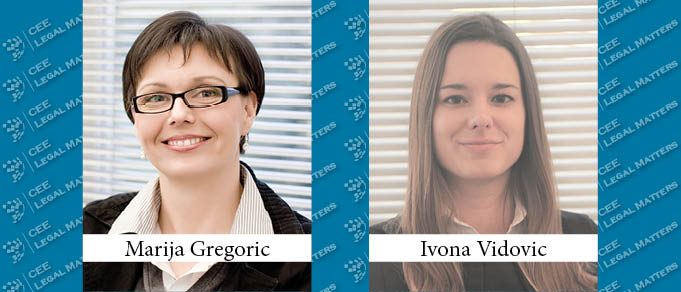A freely-accessible public healthcare system has always been considered one of the pillars of the modern welfare state. However, the dearth of adequate managerial skills and advance planning within the healthcare framework has often led to systemic problems, like issues with financing for a system that is regarded as a public service by users and a private business by service suppliers. This problem has once again resurfaced in the Croatian health sector, with debts accumulated by public hospitals and pharmacies standing in the way of a regular supply of medicinal products and medical devices by manufacturers, wholesalers, and pharmacies.
Delays in payments by both public hospitals and the Croatian Health Insurance Fund (CHIF) for delivered medicinal products are nothing new in the Croatian healthcare system – state actors have a long-established practice of missing contractual payment deadlines. Although the maximum payment deadline of 60 days is prescribed by law, hospitals and CHIF fall behind on their payments for an average of 360 days. Notwithstanding the government’s previous ad-hoc interventions, the debt owed to medicinal product wholesalers rose to HRK 6.5 billion (about EUR 860 million) at the end of March 2021, corresponding to a whopping 4% of the state budget. And it does not stop there – the debt is growing by a monthly margin of HRK 220 million to HRK 250 million (about EUR 29 million to EUR 33 million), thus representing the latest chain of illiquidity in the state (after the one leading to fall of the agri-food giant, Agrokor). This situation has put the wholesalers of medicinal products in Croatia in an unenviable position: on the one hand, they have a general legal obligation to ensure the appropriate and uninterrupted supply of medicinal products to the market, but on the other hand, by being forced to accept these extremely long payment terms they have effectively been put in the position of indirectly financing the healthcare system.
It is worth noting that, due to the applicable legal framework, wholesalers of medicinal products do not have control over the price formation process for medicinal products. The maximum wholesale prices for medicinal products are set by the Croatian Agency for Medicinal Products and Medical Devices (based on, inter alia, a comparative analysis of prices in certain other EU countries). Furthermore, where medicinal products are included on the list of products partially financed by the CHIF (which partially reimburses the wholesaler for the price of those products), the upper limit of the price is actually set by the CHIF. Consequently, although they are obliged to provide medicinal products at prices mostly dictated by other market participants, wholesalers are denied the ability to collect timely payments for their services, while at the same time being obliged to promptly meet their tax and social duties to the state and obligations to their own business partners. Such market dysfunctionalities endanger the entire supply chain, as they put a strain on both medicinal product wholesalers and manufacturers by impeding their production, distribution, further growth, and investment into new products.
As the situation once again escalated to a Gordian knot between the medicinal product wholesalers and the healthcare institutions, in March this year wholesalers activated a safety mechanism under which they continue to provide medicinal products only in the value corresponding to the amount actually paid by the health institutions, using the received funds to discharge previous claims. Due to the threatened shortage of medicinal products, the government had to intervene by promising monthly injections of HRK 600 million (about EUR 80 million) toward hospital debt and HRK 300 million (about EUR 40 million) toward pharmacy debt until June 2021, when a revision of the state budget is expected to provide funds required to further shorten the payment terms. While this measure may have provided short-term relief, the underlying problem remains and requires a more profound reform of the healthcare system, which will hopefully bring Croatian healthcare institutions closer to the pacta sunt servanda principle and the rule of law.
By Marija Gregoric, Partner, and Ivona Vidovic, Senior Associate, Babic & Partners
This Article was originally published in Issue 8.5 of the CEE Legal Matters Magazine. If you would like to receive a hard copy of the magazine, you can subscribe here.
